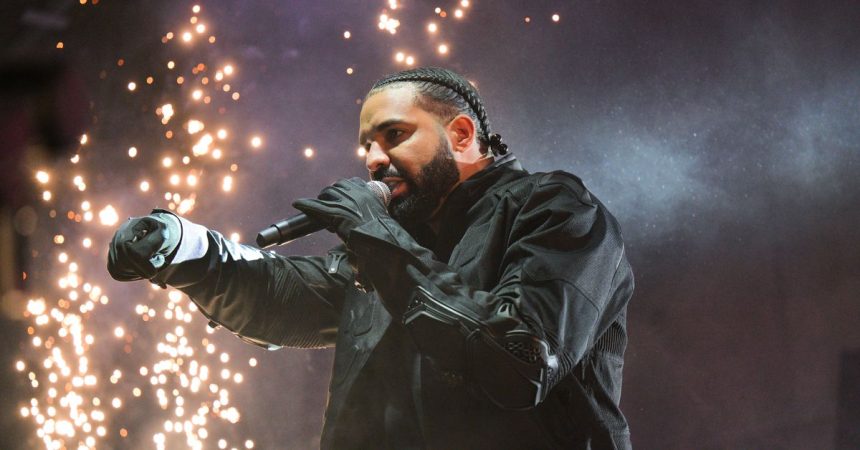Drake’s long-simmering feud with Universal Music Group (UMG), his record label, has erupted into a full-blown legal battle. The artist filed a lawsuit in federal court accusing UMG of orchestrating a smear campaign against him, jeopardizing his safety, and damaging his reputation, all in pursuit of greater profits. At the heart of the conflict lies “Not Like Us,” a diss track by fellow UMG artist Kendrick Lamar, which Drake alleges contains false accusations of pedophilia and incites violence against him. Drake’s lawsuit contends that UMG not only approved and published the inflammatory track but actively promoted it, turning it into a viral sensation despite knowing the allegations were baseless.
The lawsuit paints a picture of UMG prioritizing financial gain over the well-being of its artists. Drake’s legal team argues that UMG’s actions were motivated by upcoming contract negotiations with both Lamar and Drake himself. By demonstrating their ability to boost Lamar’s sales, even through controversial means, UMG allegedly aimed to secure a more favorable long-term contract with the artist. Conversely, by undermining Drake’s reputation and devaluing his brand, UMG sought leverage in anticipated contract renewal negotiations with the artist. Drake’s impending contract fulfillment in 2024 positioned him for a potentially lucrative new deal, a prospect UMG seemingly sought to mitigate through this alleged smear campaign.
The complaint details a series of disturbing events following the release of “Not Like Us,” including a shooting at Drake’s residence that resulted in injury to a security guard, and subsequent break-ins, all of which the lawsuit attributes to UMG’s actions. Drake’s team emphasizes the severity of the online backlash, drawing parallels to the “Pizzagate” conspiracy theory and the resulting violence. They argue that the online response to the song’s accusations, branding Drake a sex offender and pedophile, created a climate of hostility and danger. Importantly, Lamar himself is not named as a defendant; the lawsuit squarely targets UMG for releasing and promoting the track despite its alleged knowledge of the false accusations. The suit categorically denies the allegations, emphasizing that Drake has never engaged in any such behavior and has no criminal record.
Adding fuel to the fire are allegations of manipulation and artificial inflation of the song’s popularity. Drake accuses UMG of employing bots to inflate streaming numbers on platforms like Spotify and using payola to secure radio airplay and online promotion. The lawsuit cites a purported whistleblower who claims to have been paid to generate millions of fake streams on Spotify using bots in the days following the song’s release. This echoes a previous petition filed by Drake, later withdrawn, that made similar accusations against UMG and Spotify. Drake’s legal representation, including Michael J. Gottlieb, known for his involvement in the “Pizzagate” case, reinforces the seriousness of the allegations and the perceived parallels between the online harassment faced by Drake and the restaurant owner in the “Pizzagate” incident.
UMG has vehemently denied the accusations, issuing a statement characterizing the lawsuit as an attempt to “weaponize the legal process to silence an artist’s creative expression.” They reject the notion of intentionally harming any artist’s reputation, particularly Drake, citing their significant investment in his music and the collaborative efforts of their employees in contributing to his success. UMG further denies engaging in defamation against any individual and vows to vigorously defend against the litigation, not only to protect their own reputation but also to safeguard artists from becoming targets of frivolous lawsuits based solely on their creative output. The statement emphasizes the illogical nature of the accusations, asserting that it would be against their own interests to damage the reputation of a commercially successful artist like Drake.
This legal clash between Drake and UMG raises significant questions about the power dynamics within the music industry, the ethical implications of aggressive promotional tactics, and the responsibility of record labels to protect their artists from harm. The case also underscores the potential dangers of online misinformation and the devastating impact of false accusations in the digital age. As the legal battle unfolds, it will undoubtedly shed light on the inner workings of the music industry and the complex relationship between artists and their labels. The outcome will likely have far-reaching implications for the future of artist-label relationships and the ways in which music is marketed and consumed in the digital landscape.



